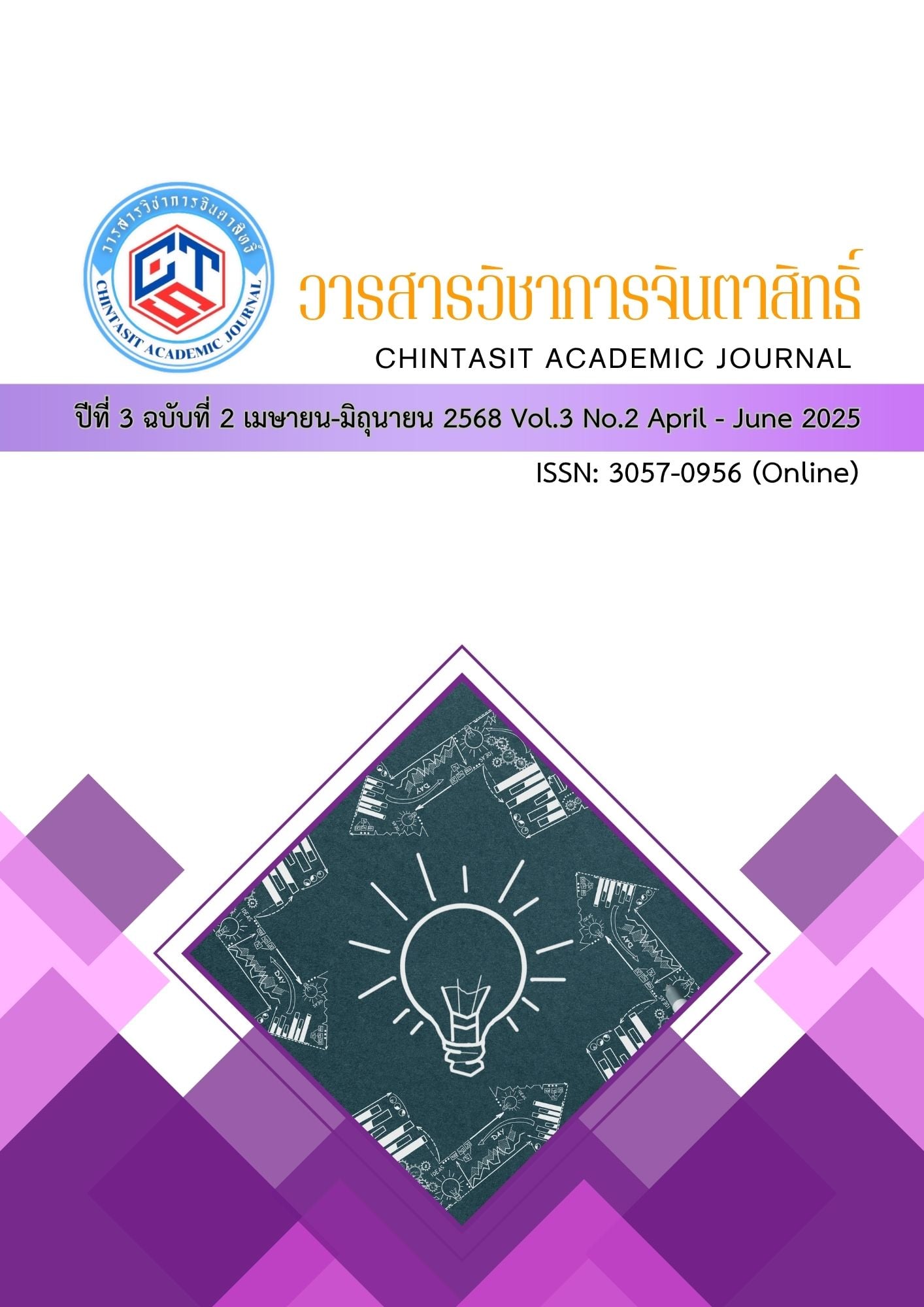SOCIAL MEDIA AND THE CONSTRUCTION OF POLITICAL DISCOURSE: IMPACTS ON CITIZENS’ PERCEPTION OF REALITY
Main Article Content
Abstract
This academic article aims to analyze the role of social media in constructing political discourse and to explore its impacts on citizens' perception of reality in the digital age. This study is qualitative research, employing a literature review of relevant theories and research from both domestic and international contexts, as well as a case study analysis of events in Thai politics. The findings reveal that social media has significantly altered the dynamics of the political public sphere by enabling the creation and dissemination of diverse political discourses. However, the architectural features of these platforms, such as algorithms that foster echo chambers and filter bubbles, have accelerated political polarization and facilitated the rapid spread of disinformation. These phenomena directly impact citizens' perception of reality, blurring the lines between fact and opinion and eroding the shared understanding that forms the bedrock of a democratic society. This article suggests that all sectors must recognize these challenges, emphasizing the necessity of promoting digital media literacy, platform accountability, and fostering a culture of critical fact-checking among citizens.
Article Details

This work is licensed under a Creative Commons Attribution-NonCommercial-NoDerivatives 4.0 International License.
Chintasit Academic Journal is licensed under a Creative Commons Attribution-NonCommercial-NoDerivatives 4.0 International (CC BY-NC-ND 4.0) licence, unless otherwise stated. Please read our Policies page for more information on Open Access copyright and permissions.
References
พิชญ์ พงษ์สวัสดิ์. (2563). วาทกรรม อำนาจ และการเมืองบนพื้นที่ไซเบอร์. สำนักพิมพ์มติชน.
พิรงรอง รามสูต. (2564). การรู้เท่าทันสื่อในยุคดิจิทัล: ความท้าทายของพลเมืองไทย. วารสารนิเทศศาสตร์, 39(2), 1-18.
Bruns, A. (2008). Blogs, Wikipedia, Second Life, and beyond: From production to produsage. Peter Lang.
Foucault, M. (1972). The archaeology of knowledge. Tavistock Publications.
Habermas, J. (1989). The structural transformation of the public sphere: An inquiry into a category of bourgeois society (T. Burger, Trans.). MIT Press.
McIntyre, L. (2018). Post-truth. MIT Press.
Pariser, E. (2011). The filter bubble: What the Internet is hiding from you. Penguin UK.
Sunstein, C. R. (2017). #Republic: Divided democracy in the age of social media. Princeton University Press.
Tufekci, Z. (2017). Twitter and tear gas: The power and fragility of networked protest. Yale University Press.
Vosoughi, S., Roy, D., & Aral, S. (2018). The spread of true and false news online. Science, 359(6380), 1146–1151. https://doi.org/10.1126/science.aap9559
Wardle, C., & Derakhshan, H. (2017). *Information disorder


